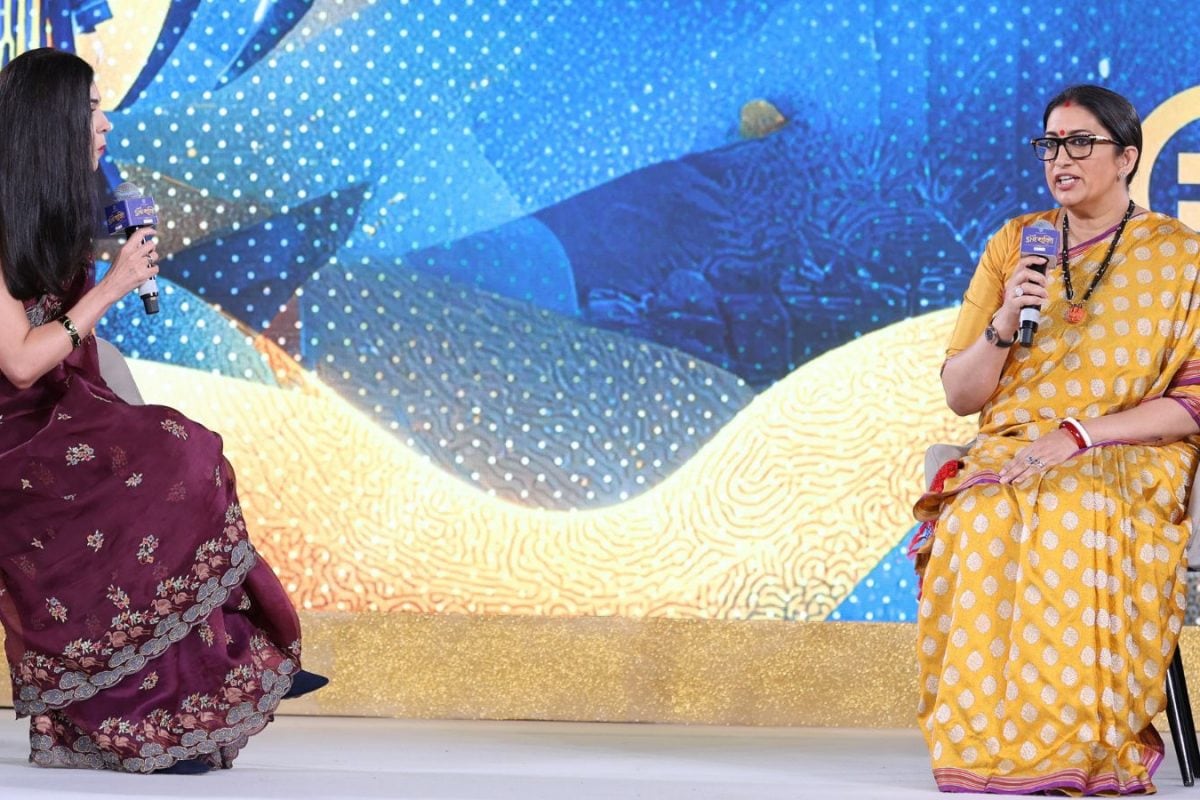

In an increasingly complex global landscape, characterized by fractured economies and fragmented geopolitics, the need for resilience and reliable partnerships has never been more critical. Drawing on recent statements and actions by prominent figures, we can discern a subtle but important message about navigating the challenges of international relations.
Smriti Irani, a leading voice in Indian politics, has articulated a vision of India as a dependable partner in a world facing numerous challenges. Speaking at the World Economic Forum in Davos, she highlighted India's capacity to provide exceptional service to the world, especially when economies are fractured and geopolitics are fragmented. This message underscores India's growing confidence and its willingness to play a more prominent role on the global stage.
One of the key aspects of India's approach is its emphasis on unity and collaboration. Irani has urged the celebration of India's linguistic and cultural complexities, emphasizing that being Indian transcends political affiliations. This call for unity reflects a broader understanding that in the face of global challenges, Indians can only truly rely on each other. This sentiment is particularly relevant in a world where regional tensions and conflicts often dominate headlines.
Furthermore, India's geopolitical strategy is marked by a sense of independence and a focus on national interests. According to Irani, India does not seek to be a political pawn on a geopolitical chessboard. Instead, it unabashedly prioritizes its own needs and strategies, while also remaining open to collaboration with other nations. This approach allows India to maintain a fine balance, avoiding the pitfalls of becoming overly aligned with any particular bloc or nation-state.
India's response to the COVID-19 pandemic serves as a prime example of its collaborative approach to global challenges. Despite facing its own domestic needs, India not only developed vaccines for its citizens but also extended support to over 160 countries. This act of global solidarity demonstrated India's commitment to serving the larger interests of humanity, even in times of disruption.
Moreover, India has been actively promoting the cause of inclusivity and collaboration on international platforms such as the G20. Under its presidency, India has sought to include African nations and island nations in the global conversation, ensuring that their needs are also taken into account. This collaborative approach to democracy has been widely appreciated by world leaders and underscores India's commitment to a more equitable and just world order.
In essence, the subtle geopolitics message conveyed is one of self-reliance, unity, and collaboration. While acknowledging the presence of potential adversaries and challenges, the emphasis is on building strong internal foundations and fostering partnerships based on mutual respect and shared interests. This approach allows India to navigate the complexities of the modern world while staying true to its values and priorities.
The message also implicitly acknowledges that as India's influence grows, it may encounter resistance or attempts to be sidelined by other actors. However, by focusing on its strengths, upholding its principles, and remaining open to collaboration, India can effectively address these challenges and secure its place as a leading global power.